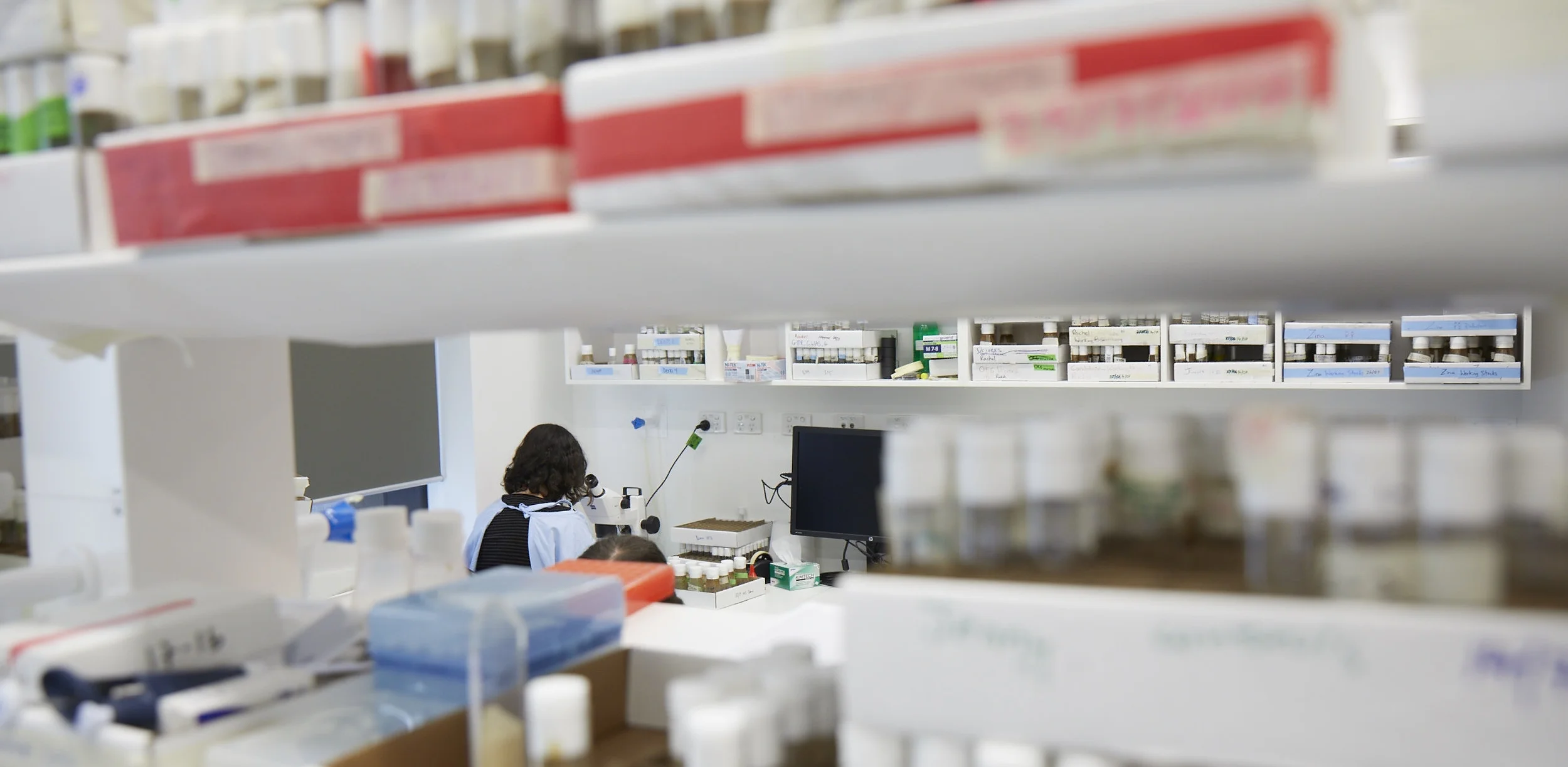Gene X Environment effects in Metabolic Disease
Metabolic disease is caused by a complex interaction between genetic and environmental effects. It is widely believed that processed foods that are abundant in today’s diet add marked risk to development of metabolic diseases. By the same token large scale genetic studies in humans have identified hundreds of variants that are associated with various metabolic diseases. There are several major challenges in moving beyond these observations. First, is deciphering the interaction between genetic variants and various environments, a phenomenon difficult to embrace in humans. Second, is to understand the causal relationship between genetic variants and metabolic traits. This represents one of the greatest challenges in biology as for every action there is probably an equal and opposite reaction and so it is extremely difficult to distinguish between causality and reactivity. To tackle these issues, we are using a genetically diverse mouse population that we obtained from Grant Morahan at the University of Western Australia. The advantage of this system is that it captures huge genetic diversity and the ability to carefully control and manipulate environmental exposures. By combining these approaches with deep tissue omics analysis such as interrogation of transcriptomes or proteomes we can begin to unravel causality. By integrating this information with relevant human data such as UKBioBank we can take deeper steps into understanding the true causes of metabolic disease. This is an ambitious project and we are tackling various facets of the metabolic syndrome.
Two 36 week old DOz mice fed a western diet with fat mass of 51% (left) and 18% (right).



